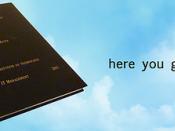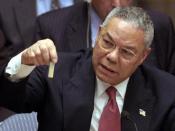Religion in Public Schools For my Educational Issue Report I have chosen the very controversial issue of religion in the public schools in the United States. This issue has been argued upon since the beginning of public education in the United States. I think the best way to present this issue is to go to the constitution, what it currently allows, requires and prohibits. The last part of my report will consist of my own opinion on the issue. I feel that right now things seem to be well in order in the public schools as far as religion goes. Although there could be a few minor changes.
To start this essay I will first present, briefly, the main issues concerning religion in the U.S. public schools as interpreted by the 1st Amendment of the Constitution. Public school teachers, principals, and boards must be religiously neutral. They may not promote a particular religion as being superior to any other.
They may not promote religion in general as superior to a secular approach to life. They may not promote secularism as in general as superior to a religious approach to life. They may not be antagonistic to religion in general or a particular religious belief in particular. They may not be antagonistic to secularism. They must neither advance nor inhibit religion. (1.) The constitution allows certain aspects of religion in schools and these are constitutionally protected as freedom of speech, religion and assembly rights. Invocations, benedictions and prayer are allowed at graduation ceremonies if it is not done by clergy but by the students themselves. Students are also allowed to organize prayers on school property outside the classroom. Students are allowed to pray before and after class, in the cafeteria, and on the school bus but for all of these...


